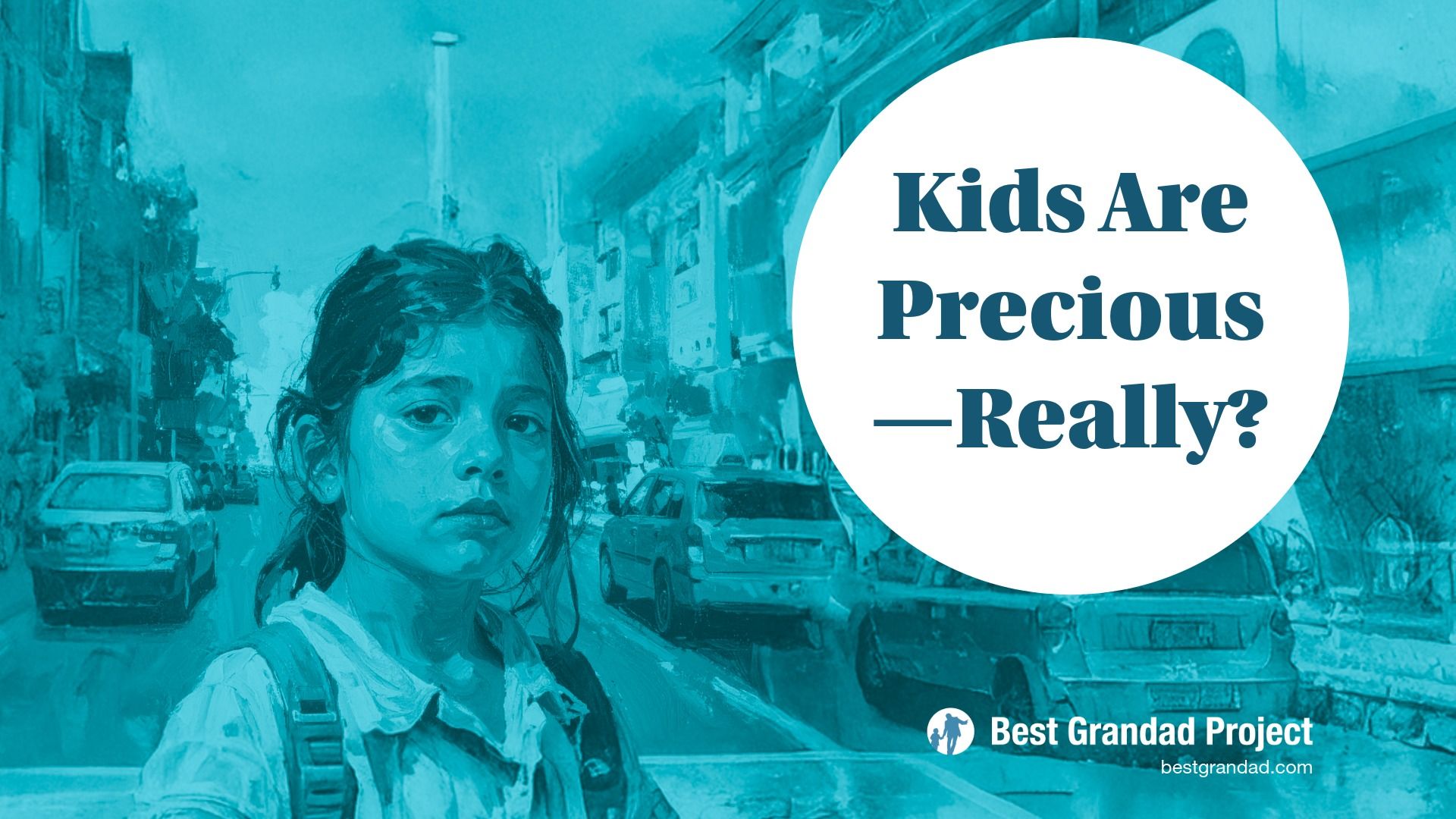The Faith Gap - Insights From a Motivational Speaker

Faith is a conversation stopper.
I know this firsthand.
My mother spent her life seeking spiritual meaning. Mormonism. Uniting Church. Then forty years deep in Pentecostal Fundamentalism. That was her chosen truth.
It never mattered to me—until it did.
In high school, I met two great forces: a best mate, and a science teacher who gifted me a way of thinking where truth wasn’t fixed, it was earned. Evidence was king. My hero became Carl Sagan. I didn’t shout my beliefs from rooftops. But I carried them with quiet pride.
Over the years, conversations with my mother thinned out. Not because we argued, but because the outcome was always pre-written. Good things? God’s grace. Bad things? The devil’s mischief. The script didn’t change, so I stopped auditioning.
I don’t regret how it played out. It just… was.
But with time comes change—and change brings understanding.
As I’ve shifted focus from self to service, I’ve begun to see faith differently. Not as an answer, but as a structure.
Here’s what I already knew:
Faith used to be embedded in our culture—not just in pews, but in Scouts, sports teams, schools, and service clubs. These weren’t extracurriculars. They were moral gyms.
Now? We’ve swapped the soul for the scroll.
Capitalism became the new cathedral.
And in chasing cash, we lost our compass.
But then I read this global study on flourishing.
Six dimensions of a flourishing life:
- Happiness and life satisfaction
- Physical and mental health
- Meaning and purpose
- Character and virtue
- Close social relationships
- Financial and material stability
Turns out? People who attend religious services weekly score higher in all six areas—even in secular nations like Sweden.
It’s not about doctrine. It’s about what psychologists call the Four B’s:
- Belonging – Social support
- Bonding – Spiritual connection
- Behaving – Practiced values
- Believing – Shared hope
Suddenly, faith isn’t just “believing without evidence.”
It’s a framework—a human operating system that helps millions flourish.
That shook me a little.
I still ask for evidence. Always will.
If a bearded man parts the clouds tomorrow, I’ll believe—but I’ll bring questions.
I now say I’m agnostic, not atheist.
Why? Because it’s arrogant to dismiss something that clearly works for others.
I don’t get faith. But I get its value.
I can’t change the past. But I can contribute to a better future.
And part of that future includes honouring what helps others flourish—even if it’s not my path.
So I leave you with this:
What belief are you holding onto that serves you…
but not the greater good?
Are you willing to outgrow it?
#Changeability #Leadership #FaithAndReason #MoralCompass #Reinvention





